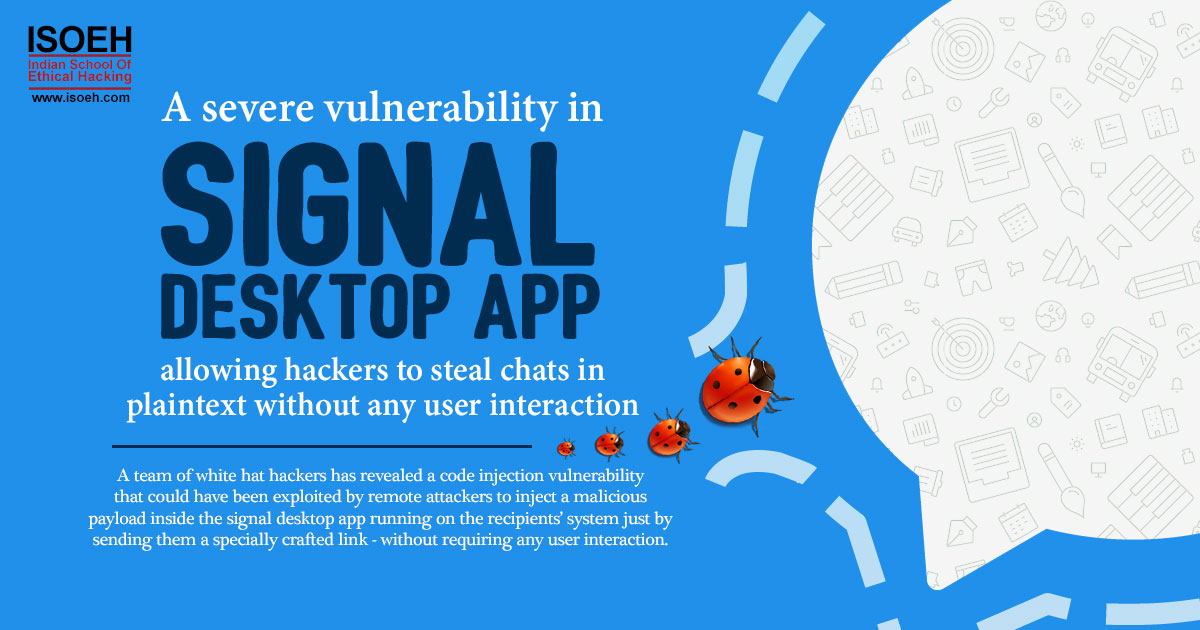
Could a recent ChatGPT macOS flaw allow long-term spyware to infiltrate your device through memory function?
If you own a Mac and use ChatGPT, this is a critical question you should be asking. Recent security research has uncovered a potential vulnerability that may leave users exposed to spyware, which could lead to unauthorized surveillance on their devices.
What is spyware, and how does it work?
Spyware is malicious software designed to gather your personal data without your consent. It can monitor your online activity, steal sensitive information like passwords or bank details, and even control parts of your device remotely. For long-term infiltration, spyware relies on hiding within essential system functions like memory, waiting for the right opportunity to act.
The MacOS Flaw: What Happened?
The vulnerability tied to ChatGPT on macOS involves the memory function of the operating system. Typically, this function manages and stores data temporarily, ensuring that the system runs smoothly. However, the flaw reportedly allows malicious actors to access and manipulate this memory, effectively planting spyware that can reside undetected for an extended period.
The ChatGPT-related macOS flaw was identified during September 2024, raising alarm bells among tech experts and cybersecurity enthusiasts alike. The flaw allows cybercriminals to exploit memory storage in the macOS environment to run long-term spyware. The danger here lies in the fact that memory functions, which are designed to optimize performance, could unintentionally serve as storage hubs for malicious software.
How Did This Flaw Enable Spyware?
The flaw lies within how the macOS memory function interacts with external applications like ChatGPT. Normally, macOS uses secure memory allocation techniques to isolate sensitive data from third-party access. However, this vulnerability allowed hackers to bypass those protections, inserting malicious code into the memory function.
Once inside, the spyware can linger without raising suspicion. It can monitor user activity, including browsing habits, application usage, and even keystrokes, creating a treasure trove of sensitive information that could be exploited by hackers.
Why Is This a Big Deal?
This vulnerability is particularly alarming because it could have gone unnoticed for a long time. Unlike traditional viruses or malware that might slow down your system or trigger warning signs, spyware planted through memory functions is stealthy. It works quietly in the background, collecting valuable data over time.
Moreover, the flaw is tied to a widely used tool: ChatGPT. This means that users who interact with this AI model on their macOS could be unknowingly exposing themselves to long-term surveillance. The flaw also has broader implications for macOS users, raising questions about Apple's security protocols and the potential for similar vulnerabilities in other applications.
How Does Spyware Exploit Memory Functions?
To understand this fully, let’s break down how macOS memory functions work. Memory is the temporary storage system that helps your computer run programs and store data while they are being used. However, if malicious actors gain access to this part of the system, they can leave spyware behind that continues to collect information long after the original interaction. Because it’s happening in the background, most users remain unaware.
This is precisely what could happen with the identified flaw in ChatGPT on macOS. The malicious code would utilize the memory function, embed itself, and execute operations over time, making it an ideal tool for long-term surveillance without detection.
Impact on the Industry
This discovery highlights the growing importance of rigorous cybersecurity measures, even for trusted tools like ChatGPT. The incident has opened up broader conversations about the responsibility that companies like OpenAI and Apple have in safeguarding user data. While ChatGPT itself remains a revolutionary AI tool, its potential vulnerabilities remind us of the importance of cybersecurity and keeping our systems updated.
Furthermore, it reflects a wider trend in which sophisticated attackers are targeting memory functions and other fundamental parts of the operating system to bypass traditional defenses like antivirus software.
What Can You Do?
If you’re concerned about the implications of this flaw, there are steps you can take to secure your system:
- Update Regularly: Apple has likely released patches to fix this specific vulnerability. Make sure your macOS and any applications like ChatGPT are up-to-date.
- Install Anti-Spyware Software: Specialized software can detect and remove spyware that could exploit such vulnerabilities.
- Monitor Unusual Activity: Keep an eye out for anything strange on your system, such as new files, unauthorized access to apps, or a drop in performance.
- Limit Access to Sensitive Data: Be mindful of what you input into apps like ChatGPT, especially if they’re linked to system memory.
The Future of Cybersecurity
This ChatGPT macOS flaw is a significant wake-up call for users and developers alike. As AI becomes increasingly integrated into our daily lives, ensuring that such tools are secure from vulnerabilities is critical. The memory function exploit illustrates how even the most trusted systems can have hidden weaknesses that malicious actors can exploit. Staying updated, vigilant, and informed is the best defence against these evolving threats.
Hacking Tools
Explore All Hacking Tools »
UFTP is an encrypted multicast file transfer program for secure, reliable & efficient transfer of files. It also helps in data distribution over a satellite link.
Read DetailsBreaking News
Breaking News Of Each Month »
The recent pandemic was unexpected and unknown to most part of the world. It has changed our life and we are slowly adapting to our new lifestyle. The risks associated with the new lifestyle, both personal & corporate, are unknown to most of us.
Read Details















